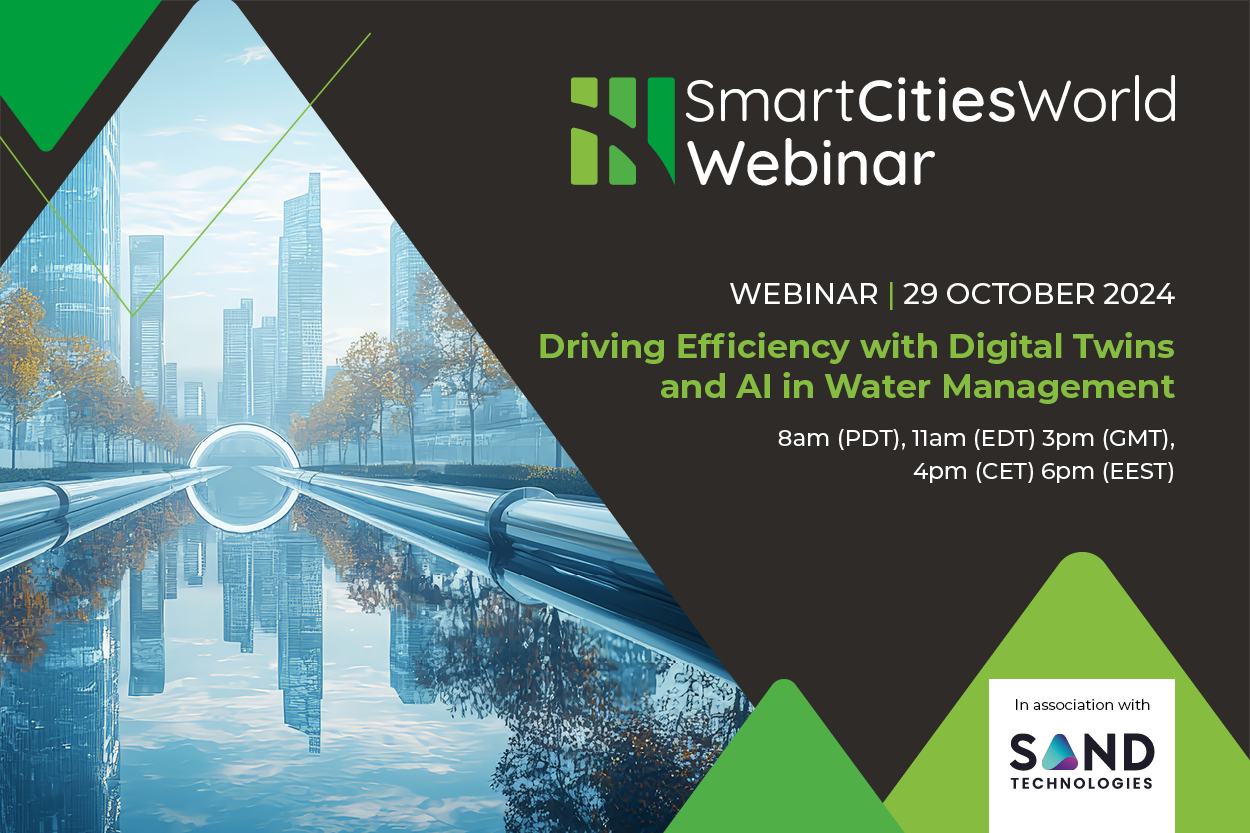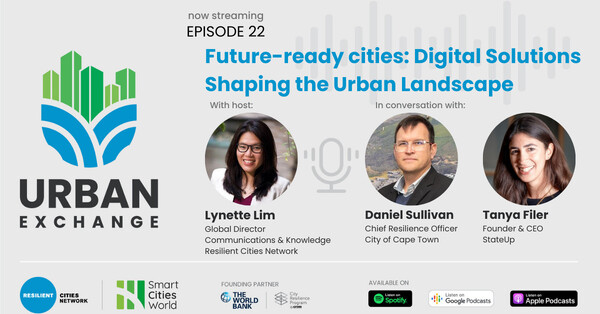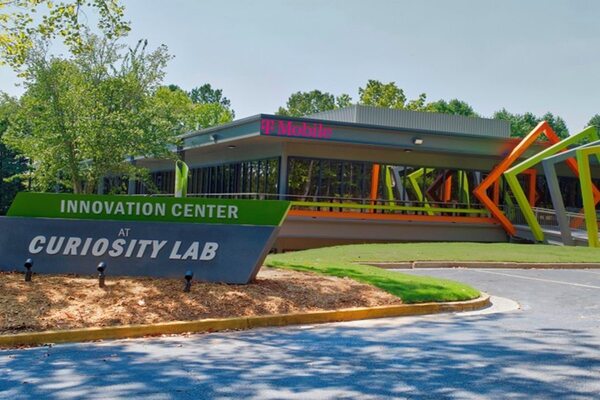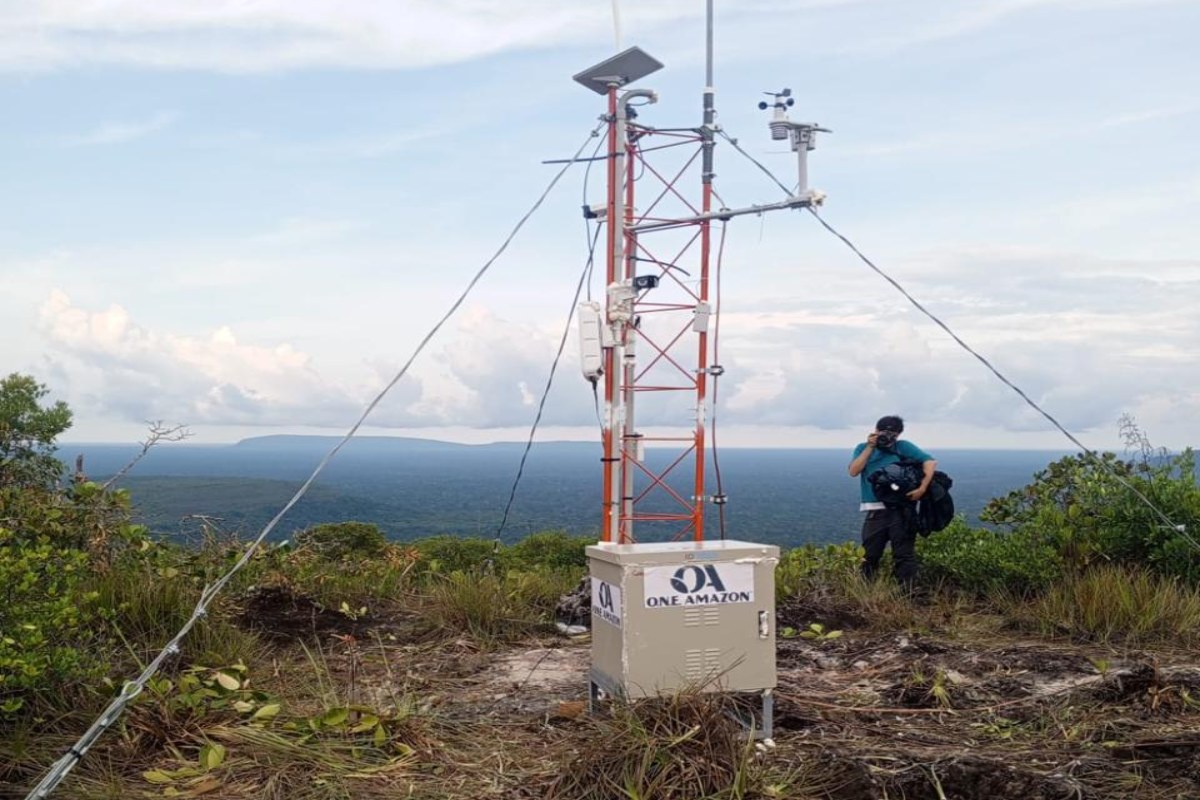Special Reports
SusHi Tech Tokyo 2024: experience ‘Tokyo 2050’ todaySponsored by The SusHi Tech Tokyo 2024 Showcase Program Executive Committee
Does your city think with you? A cognitive one does, says Annika Grosse, IBM's leader for Cognitive Business Solutions in Europe
Watson is IBM’s cognitive system that enables a new partnership between people and computers

Over time, our ability to interact with and enhance our environment through the use of technology has changed.
In the tabulating era, when for example Joseph-Marie Jaquard developed a machine that could control the patters of textiles being weaved, we fundamentally changed many people’s day-to-day life and the way they worked. Now we are moving on to a new technological era that will enable us to manipulate and optimise the places where we live, the era of cognitive computing.
Oxforddictionaries.com defines the word cognitive as ‘the mental action or process of acquiring knowledge and understanding through thought, experience, and the senses’. This definition very adequately describes the first step of Cognitive Computing – to understand. These machine are able to understand natural language, therefore vastly increasing the amount of data they can derive insights from. Furthermore, they are able to reason and learn.
Reasoning entails looking at situations, developing hypotheses, and evaluating how appropriate these hypotheses are for the situation at hand. Finally, the ability to learn allows cognitive computers to continuously improve and become more valuable over time. At IBM, this technology takes the form of Watson, a cognitive system enabling a new partnership between people and computers.
Cities are ideal areas to put such technologies to work. With over 50 per cent of the world’s population living in urban environments, there is huge amounts of data generated in them every single day. What’s more, this percentage is set to grow to 70 per cent by 2050, creating a great need to optimise processes throughout the cities and harness the insights the available data can give us.
Especially relevant is that every city, and every neighbourhood within each city is different, with different inhabitants, structures and challenges. The ability to look at such hyperlocal areas is key for cognitive computing to succeed in cities.
Unilever is currently working with IBM Watson to develop a perfect city – where every moment can result in business value. Initially piloting in two cities, it changed from traditional look back forecasting to a more data driven approach. While the traditional method was sometimes accurate and sometimes not, intuition was always critical.
Now it is able to gain insights from the weather, point of interests, cellular data (flow of track and people) and many other externally data sources (e.g. social media) combined with their internally generated transactional data to work out where the gaps are in their sales business. As Kjersten Moody, VP Information and Analytics at Unilever put it, “This kind of platform, this sort of thinking, needs to pay for itself. The benefits we get out of it need to be greater than the costs of actually implementing the system!”
The pilot ran for six weeks in two cities, yet the impact could already be seen in the P&L
There are many applications of cognitive in cities though, not just increasing sales. For example, how do you know which ATMs will be in high demand on any given day? Or as a wifi-provider, how do you identify areas that require increased network coverage? Want a fleet of driverless buses?
Cognitive computing can look at structured and unstructured data to provide actionable insights to such problems. These insights allow us to detect yet unknown patterns, manipulate our environment and make cities better places to live.
My next blog will focus on the city of Hamburg, how we can use innovation to enhance our cities, and how cognitive computing can be put into practice around a hackathon.
Annika Grosse has been with IBM since 1997. She has a background in Business and IT Consulting and became Executive Partner in 2011. Three years later, Annika took over her current responsibility as leader for Cognitive Business Solutions in Europe (GBS).
Her industry background is primarily in banking, insurance, healthcare and public. She is passionate about successfully implementing innovative and value-creating strategies and solutions, as well as accompanying businesses through their transformational journey.
Originally studying computer and information sciences, Annika also has an M.B.A. as well as a Diploma in Strategy & Innovation from the University of Oxford.

















